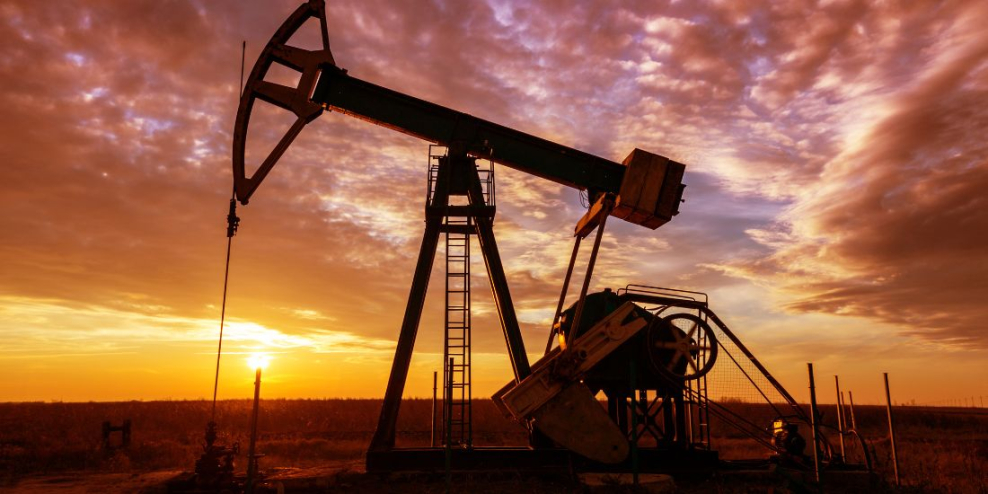Well, it’s late January. Our New Year’s resolutions have gone kaput. There’s a scary new subvariant of COVID. There’s the war, several high-profile mass shootings in the U.S., and the opioid crisis…
So, ready for some “happy” news to start 2023?
The Doomsday Clock now sits at 90 seconds to midnight, ten seconds closer than last year.
You read that correctly. Our imminent demise is drawing closer.
According to the folks at the Bulletin of the Atomic Scientists, the organization that created this dismal clock, the earth is closer to total annihilation than it has ever been before. That’s since the Doomsday Clock started ticking in 1947.
That was two years after the United States dropped an atomic bomb on the Japanese cities of Hiroshima and Nagasaki, which many people consider a war crime that killed as many as 210,000 people.
Things had been holding steady for a while. Between 2020 and 2022, the clock sat at 100 seconds to midnight.
The clock ticked dangerously forward another 10 seconds in 2023. Look to Russia’s invasion of Ukraine, the threat of nuclear war, and the ongoing climate crisis as reasons.
The Bulletin of the Atomic Scientists is a non-profit organization and publication. It was founded by former Manhattan Project scientists after the atomic bombs dropped on Japan.
They aim to equip “the public, policymakers, and scientists with the information needed to reduce man-made threats to our existence.”
They announce the time on the Doomsday Clock each January.
With the current state of the world, cynics might think the final countdown to midnight will be a welcome relief. But that’s too easy.
Now, the Doomsday Clock is not meant to be an accurate measure. But it does shine a light on the oil and gas industry’s shameless exploitation.
Ever notice how they use war, death, and destruction to justify more and more “development?”
You know, such as the export and burning of fossil fuels?
In a press release, the Bulletin’s editor John Mecklin put it this way:
“Russia’s thinly veiled threats to use nuclear weapons remind the world that escalation of the conflict — by accident, intention, or miscalculation — is a terrible risk.”
“The possibility that the conflict could spin out of anyone’s control remains high,” Mecklin wrote.
But here’s the crunch. The conflict in Europe has weaponized fossil fuels. It has sent the price of oil and gas sky-high.
So much for moving away from fossil fuels, right?
The chaos is great for the oil and gas industry’s playbook.
First, high fuel prices are creating even more outrageous profits. For example, last year, Shell posted a record $11.5 billion profit in its 90+ day second quarter.
Remember how that sting feels every time you gas up.
Second, higher fuel prices are being used to justify more drilling and fracking.
“The war’s effects are not limited to an increase in nuclear danger; they also undermine global efforts to combat climate change,” said Mecklin in the release.
He says countries that rely on Russian oil and gas have had to look elsewhere. This has led to more investment in natural gas.
Just when we should be doing the opposite.
Not surprisingly, Canadian oil and gas industry lobbyists are leading the choir.
And this started not long after Russian bombs began falling on Ukraine.
Tim McMillan, former president of the Canadian Association of Petroleum Producers, called on the federal government to make a “clear commitment” to grow Canadian oil and gas development.
That says a lot about the integrity of an industry that continues to profit from the climate crisis.
Just as you’re being told to drive less and save fuel, the industry is profiting off war. And war crimes. (The more things change…)
Because, you know, your walk to work will singlehandedly save the planet. While Canada fuels war. Including war on the climate.
You can almost hear the tick-tick-tick. Like a clock. Like a time bomb.
Bulletin of the Atomic Scientists says we’re getting dangerously close to doomsday.
But it’s not too late to push for change. Change at the top, that is. Starting with lawmakers. It’s their responsibility to regulate the industry, after all.
Of course, we can all do our part.
But your daily commute isn’t the same as profiting from war.









